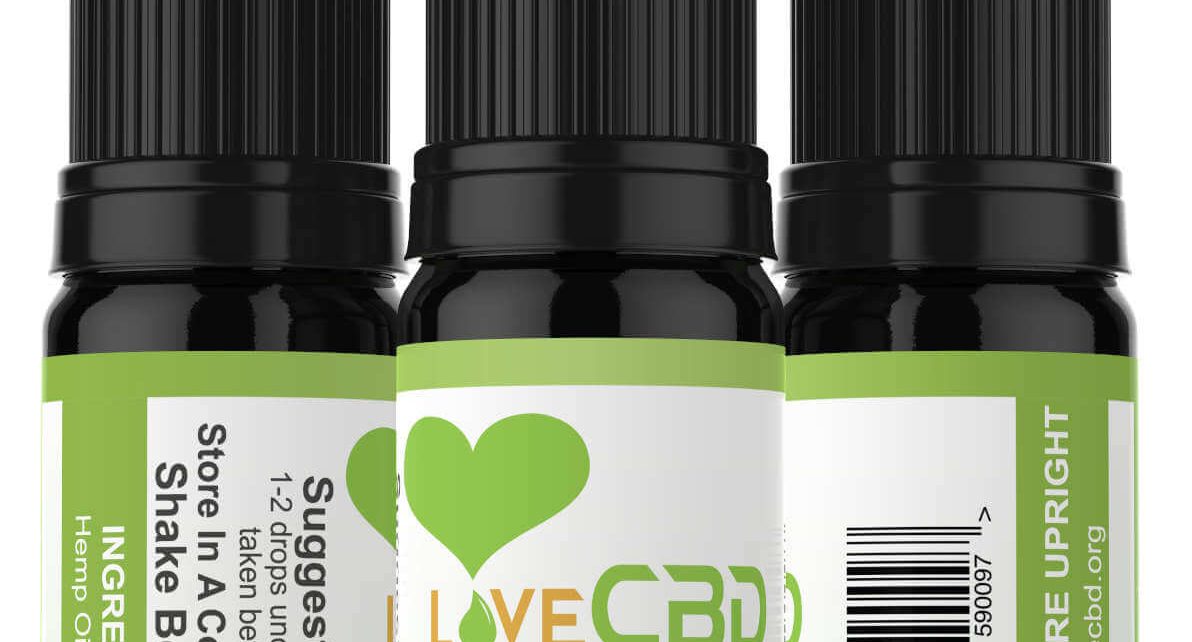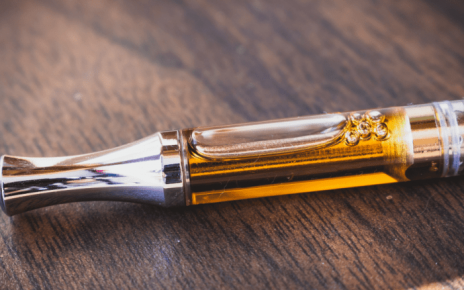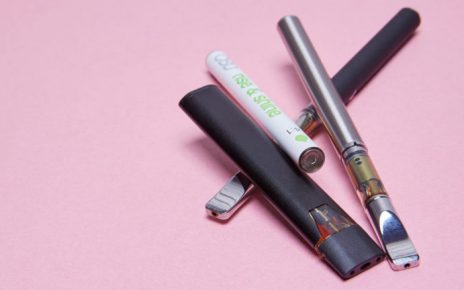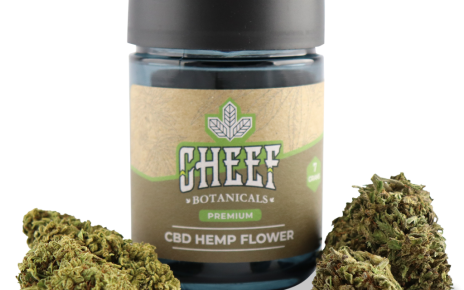In recent years, the CBD industry has grown at a rapid pace. What started as a new way to treat chronic pain and anxiety is now available in over 2,000 products and is being incorporated into more and more everyday items.
CBD oil is made from hemp plants that are naturally rich in Cannabidiol (CBD), which is one of 113 cannabinoids found in cannabis. CBD oil can be used for many different purposes including treating depression, inflammation, anxiety, and even cancer.
With all of the benefits that CBD offers, it’s no wonder why people have become so interested in this product. However, if you are not familiar with the environmental benefits of hemp or how much carbon is produced when making these products, then you might want to learn a bit more about the process before you start buying your first bottle.
Here are some of the major environmental impacts of making CBD oil and what you can do about them.
If you want to know about the different types of footprints which are available in this industry then for that you can read more here. As with the help of this article you will be able to gather some basic knowledge about these footprints. Here in this article we will mainly cover three types of footprints which are carbon, water and the last one land.

The Carbon Footprint
One of the biggest concerns when it comes to the environment is climate change. In fact, according to the World Wildlife Fund, “the world needs to slash greenhouse gas emissions by 45% immediately just to keep global warming below 1.5 degrees Celsius.”
Since CBD production requires the use of fossil fuels, there is a large amount of carbon dioxide (CO 2 ) released into the atmosphere during the manufacturing process. According to an article published by CNBC, a pound of industrial hemp contains approximately 0.3 pounds of CO 2. Because of this, it’s important to understand exactly what goes into producing CBD oil. By educating yourself on the environmental factors involved in making this product, you will be better able to make informed decisions on where to buy your next batch.
The Water Footprint
Another problem caused by the production of CBD oil is water pollution. As reported by Forbes, the United States produces around 70 billion gallons of water each year. This includes rivers, streams, lakes, ponds, and oceans. When you take into consideration the growing demand for CBD products, it becomes clear that we need to think about how our consumption habits impact the water supply.
Hemp farming accounts for up to 10 percent of freshwater consumption worldwide. For every pound of hemp fiber produced, between 6-12 liters of water are needed. Since hemp grows well in poor soil, the majority of the water consumed is used for irrigation. This means that the less land used to grow hemp, the fewer resources are used and the smaller the carbon footprint.
If you are concerned about reducing your own carbon footprint, hemp is one of the best ways to do it. It doesn’t require any pesticides and uses little energy. Additionally, hemp does not require fertilizers, herbicides, or fungicides. There is no need to transport anything across states or countries, either. So, whether you choose to purchase CBD online or locally, you can rest assured knowing that hemp is not only good for you but also helps protect the environment.
The Land Footprint
As previously mentioned, the majority of the water consumed during hemp cultivation is used for irrigation. Because of this, hemp farmers tend to use less land than other crops. To produce 1 pound of hemp fiber, roughly 5 acres of land is needed. Therefore, hemp is considered a sustainable crop because it requires less land than normal crops.
For example, an acre of corn requires 8-15 million gallons of water while an acre of hemp only requires 100,000 gallons. On average, a pound of hemp requires 30 times less water than a pound of cotton.
When you compare this to traditional agriculture methods like monoculture farming, it is clear that hemp is the superior option. Not only does hemp use significantly less water, but it requires far less space. This makes hemp ideal for both local and international markets. If you live in a rural area, you may want to consider purchasing CBD locally rather than importing it from overseas. You can reduce your carbon footprint by doing so without sacrificing quality.

Transporting & Shipping
When it comes to transporting the end product of the hemp plant, most people would assume that it is shipped from the farmer to the consumer. However, this is not always the case. Many consumers prefer to buy products locally because they can see the quality of the product and speak directly with the person who grew it.
When you ship hemp across state lines or internationally, you must pay shipping costs. Depending on the size of the shipment, these fees can add up quickly. This is especially true when you consider that hemp is legal in all 50 states and 29 countries across the globe. If you don’t know exactly where you plan to consume your hemp or you are worried about the legality of your purchase, buying locally is a great choice.
Not only does buying locally help to save money, but it also reduces the number of trucks that are traveling to deliver the product. While it is true that some products travel via air, this method of transportation is becoming increasingly popular due to its efficiency. Even though it takes longer for the product to arrive to your doorstep, it saves time and energy along the journey. Additionally, there are no trucks or airplanes to clean after the trip is complete! So, if you care about the environment, you should try to find a local source whenever possible.




